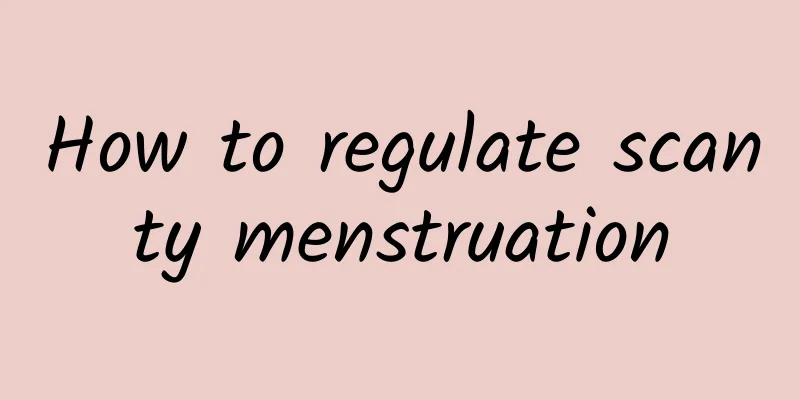Why do patients with uterine fibroids need catheterization? The purpose of uterine fibroid catheterization

|
Why do patients with uterine fibroids need catheterization? The purpose of uterine fibroid catheterization Uterine fibroids are a common benign tumor in women. They usually grow in the wall of the uterus and may affect the urine excretion system. Therefore, in some cases, patients with uterine fibroids may need catheterization to solve the problem of urine excretion. This article will discuss why patients with uterine fibroids need catheterization and the purpose of catheterization for uterine fibroids. 1. Uterine fibroids may cause compression of the bladder The growth of uterine fibroids may put pressure on nearby organs, especially the adjacent bladder. When uterine fibroids grow to a certain size, they may put pressure on the bladder, causing problems such as difficulty urinating, weak urine flow, and frequent urination. In this case, catheterization can help patients with uterine fibroids drain urine, relieve pressure on the bladder, and make them more comfortable. 2. Uterine fibroids may cause urethral obstruction The growth of uterine fibroids may also cause urethral stricture or obstruction. This is because as the uterine fibroids grow, they may compress the urethra and block the normal discharge of urine. When urethral obstruction occurs, catheterization can serve as a temporary solution to drain urine from the obstruction and relieve the pain and discomfort caused by urine accumulation. 3. Need for catheterization during uterine fibroid surgery When patients with uterine fibroids need surgery, catheterization is usually a necessary step. During the operation, in order to better clarify the surgical area and reduce urine contamination of the operating field, catheterization can temporarily suspend urine discharge to ensure a smoother surgical operation. In addition, catheterization can also monitor the output of urine during surgery and assess the patient's horizontal blood volume and renal function. In summary, the reasons why patients with uterine fibroids need catheterization include: uterine fibroids compressing the bladder and urethra, causing dysuria and urine obstruction, as well as the need during surgery. Through catheterization, these problems can be effectively alleviated. However, it should be emphasized that catheterization is only a temporary solution to the problem of urine excretion. Patients should seek medical attention in time to find a more comprehensive treatment plan, such as drug therapy or surgical removal of uterine fibroids, to solve the root problem. In summary, there are many reasons why patients with uterine fibroids need catheterization, including compressive urine excretion problems and the need during surgery. However, catheterization is only a temporary measure, and patients should actively seek more comprehensive treatment options and consult doctors for advice and suggestions to solve urine excretion problems as soon as possible. |
>>: What are the side effects after uterine fibroid surgery?
Recommend
Can I get pregnant normally with endometrial tuberculosis?
Can women with endometrial tuberculosis get pregn...
What is the impact of threatened miscarriage on people?
It has become an indisputable fact that environme...
A brief discussion on the transmission routes of Trichomonas vaginitis
Trichomonas vaginitis is a relatively common gyne...
Supermodel Lam Ke-Tong teaches you how to slim your thighs in 5 minutes of aerobics
Have you ever dreamed of having well-proportioned...
Can bacterial vaginosis cause infertility in women?
Among gynecological diseases, bacterial vaginitis...
Let's analyze the causes of cervical erosion
Cervical erosion is a gynecological disease that ...
Sequelae after multiple abortions
Abortion is now a very common thing, and there ar...
Bacterial vaginosis related examination methods
The detection method of bacterial vaginosis is wo...
Rely on this trick before going to bed to raise your body temperature and enhance your weight loss effect!
Why are some people prone to illness? In addition...
The most important treatment for dysmenorrhea
Dysmenorrhea is a common disease in life, and it ...
Are there many dangers of spontaneous abortion?
Spontaneous miscarriage is a hidden pain in the h...
What medicine should I take for stomach pain caused by adnexitis?
If you have stomach pain due to adnexitis, it can...
What are the aspects of the examination method for Bartholinitis?
Bartholinitis is a common disease among women. It...
How to prevent vaginitis in summer?
Vaginitis is a common gynecological disease, and ...
Is the refrigerator excellent for keeping fresh? It is a big mistake to refrigerate foods such as eggs and apples!
The Chinese New Year is getting closer, and many ...









